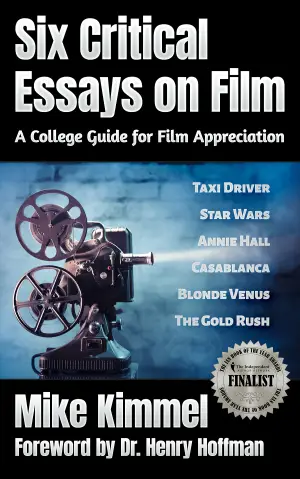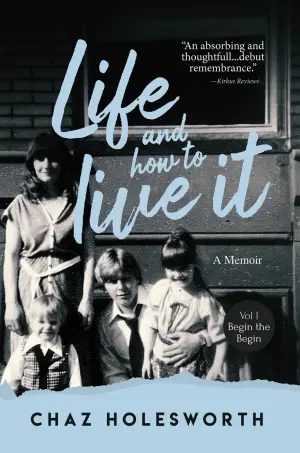Book Review: Attached: The New Science of Adult Attachment
As a passionate reader with a keen interest in psychology and self-improvement, I found myself drawn to Attached: The New Science of Adult Attachment. The premise of the book, which centers on how understanding adult attachment styles can aid in building and maintaining fulfilling relationships, piqued my curiosity. With the ever-growing reliance on scientific insights to improve our lives, I was eager to see how this relationship science could apply to my own experiences.
Attached is penned by psychiatrist Dr. Amir Levine and psychologist Rachel Heller, who break down the complex concept of adult attachment theory, introduced by John Bowlby in the 1950s, into three primary styles: anxious, avoidant, and secure. The authors adeptly guide readers to identify not only their own attachment styles but also those of their partners, thereby equipping them with a roadmap to navigate relationships more successfully.
Strengths of the Book
One notable strength of Attached is its accessibility. The authors present the attachment styles in straightforward terms, which makes the information easy to digest. For instance, I appreciated how the book includes quizzes and real-life scenarios, allowing readers to actively engage with the material. By reading through examples and guessing attachment styles, I found myself reflecting on my own behaviors and patterns—something several readers have echoed in their reviews, including Khaleesi’sHandMaiden, who mentioned it was an "easy read" devoid of technical jargon.
Additionally, the compassionate tone of the book helps to normalize feelings associated with each attachment style. As someone who occasionally oscillates between anxious and avoidant, I found comfort in the acknowledgment that these traits stem from unmet needs rather than flaws in character. The book provides practical exercises that encourage self-reflection and understanding of both oneself and one’s partner, which I found to be invaluable tools for personal growth.
Drawbacks of the Book
However, the book is not without its criticisms. A common concern, mentioned by multiple readers, is that it doesn’t delve deeply enough into the reasons behind attachment styles or provide comprehensive solutions for those wanting more guidance. Some, like Charlotte Greene, felt that the lack of depth might leave readers seeking additional resources to truly comprehend their attachment issues. I can understand this perspective; while the book serves as a solid introduction, those looking for an exhaustive exploration may find it lacking.
Another point raised by readers revolves around the focus on ending distressed relationships, which some found to be overly emphasized. While I agree that seeking healthy connections is crucial, I also think it’s important to acknowledge that many relationships can evolve with understanding and effort, rather than necessitating a break.
Personal Reflection
Reflecting on my own attachment style, I recognized traits in myself that aligned with both anxious and avoidant behaviors. I often find myself preoccupied with relationships, questioning my partner’s feelings and intentions. Reading Attached provided me with insight into these patterns and gave me the tools to communicate my needs more effectively. In doing so, it helped me foster a more secure environment with my partner, which transformed our relationship dynamic. I wholeheartedly agree with Andrew’s comment that this book can change how you handle conflict—understanding attachment has allowed me to navigate my own insecurities with more confidence.
In conclusion, Attached not only met my expectations but exceeded them in ways I had not anticipated. While it has its flaws by some measures—like the desire for deeper exploration and a more nuanced discussion about relationship choices—it ultimately serves as an excellent primer on attachment theory. I believe it is a fundamental read for anyone who is navigating relationships, whether single or in a partnership. This book encouraged me to look inward, confront my patterns, and strive for healthier connections. I would recommend it wholeheartedly to those seeking a greater understanding of themselves and their loved ones in the complex world of relationships.
Verdict
Overall, I would give Attached a solid 4.5 out of 5 stars. It is insightful, well-written, and should definitely be on the reading list of anyone interested in improving their romantic relationships.








